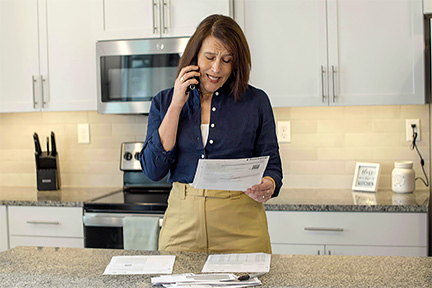It’s important to remember that an IRS tax levy is a serious matter and should be treated with urgency.
If the IRS has issued a Notice of Levy for unpaid taxes, it means that your financial assets are at risk.
The government can take the following without any warning or notice after the final levy notice is issued:
- Tax refunds due to you
- Wages, salaries and other income
- Bank accounts
- Retirement funds
- Stocks, bonds and other investments
- Real estate
- Insurance policies
- Personal property including vehicles and jewelry
- Accounts receivable from your customers
- Business assets such as inventory and tools
- Other sources of income, such as rentals or trust funds
- Your Social Security benefits.
If you receive a final levy notice from the IRS, you should take immediate action to contact a tax attorney who can help negotiate on your behalf and find the best way to resolve the issue.
By doing so, you can reduce any financial burden you may be facing and protect your rights as a taxpayer.
An experienced Total Tax attorney can help make sure that your rights are protected and work with the government to come up with a resolution that works best for you.






